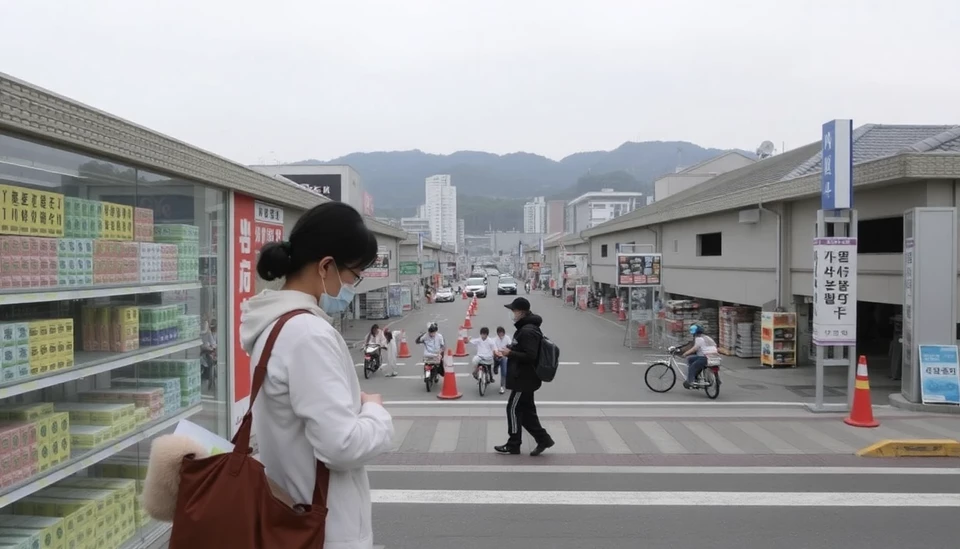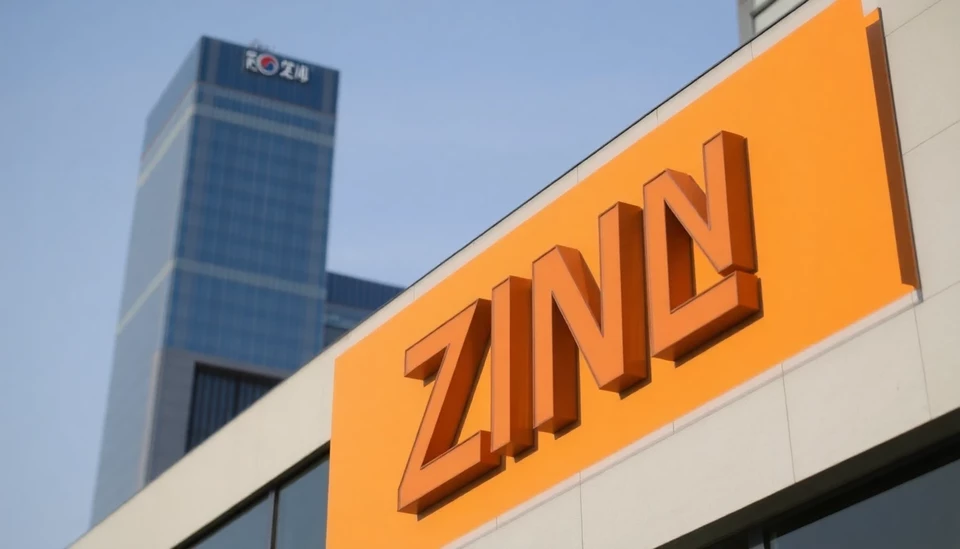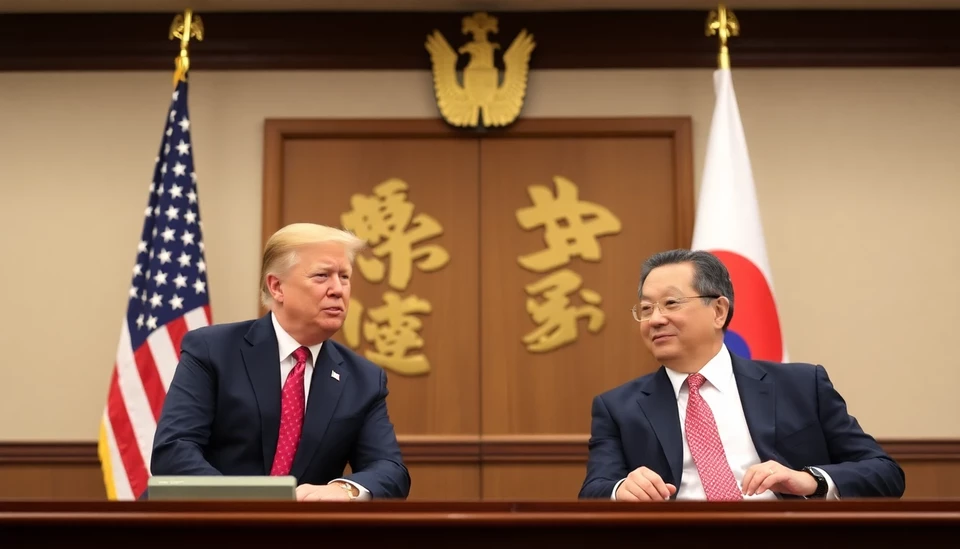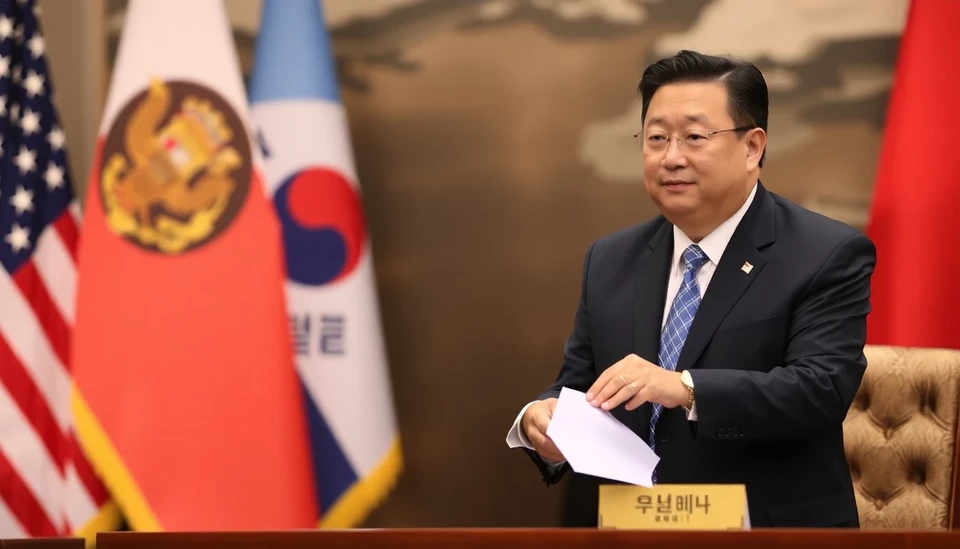
In a noteworthy development for South Korea's economy, the nation experienced a slight increase in inflation for November, though it remained lower than economists had anticipated. The consumer price index (CPI) rose by 3.2% year-on-year, marking an uptick from the previous month’s 3.0%. This increase signifies a continuing trend of inflationary pressures but suggests a more measured growth than projections had indicated.
The rise in inflation was fueled primarily by higher costs associated with food and energy. Specifically, the price of vegetables surged by approximately 21.8%, reflecting ongoing supply challenges and climatic impacts on agricultural production. Additionally, energy prices saw a sharp increase of 5.8%, contributing significantly to the overall inflation picture.
Market analysts had forecasted a more substantial rise, predicting inflation would climb as high as 3.5%. The lesser-than-expected increase in prices adds a layer of complexity for South Korea’s policymakers, particularly as they strive to balance supporting economic growth while combating rising living costs. The central bank has been closely monitoring inflation trends as it deliberates on future monetary policy adjustments.
The Bank of Korea is under pressure to navigate a delicate economic landscape, characterized by stagnant growth and persistent inflation. In response to the evolving economic conditions, experts anticipate that the central bank may take a wait-and-see approach in its upcoming policy meetings, especially given the current trajectory of inflation and economic recovery post-pandemic.
Furthermore, the impact of global economic conditions, including shifts in the supply chain and energy market fluctuations, continues to weigh heavily on South Korea’s economic outlook. External inflationary pressures tied to geopolitical tensions and economic policies abroad also play a crucial role in shaping domestic price stability.
As South Korea enters the final month of 2024, the economic focus will likely shift towards understanding the long-term implications of the current inflationary trends and their interaction with wage growth and consumer spending. The government faces the crucial task of ensuring that inflation remains manageable, particularly as households feel the impact of rising prices in their everyday lives.
In conclusion, while the inflation increase in November has raised some concerns, it also provides a nuanced view of South Korea's economic situation—one that highlights not only the ongoing challenges but also the opportunities for growth and policy refinement in the coming months.
#SouthKorea #Inflation #EconomicTrends #BankofKorea #ConsumerPrices #MarketAnalysis #EconomicPolicy
Author: Laura Mitchell




